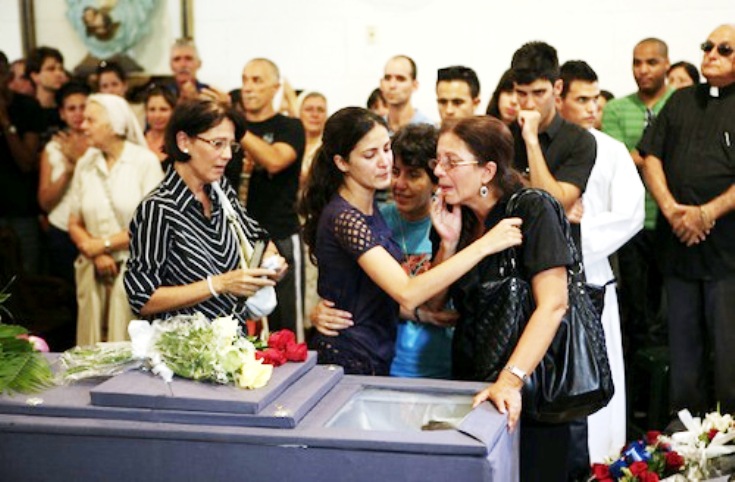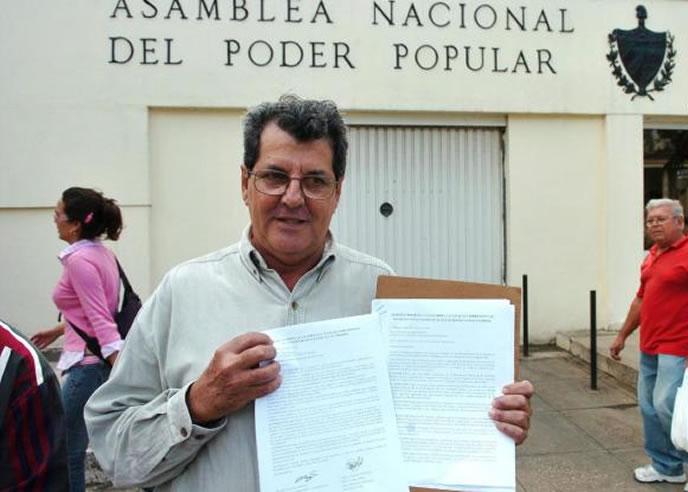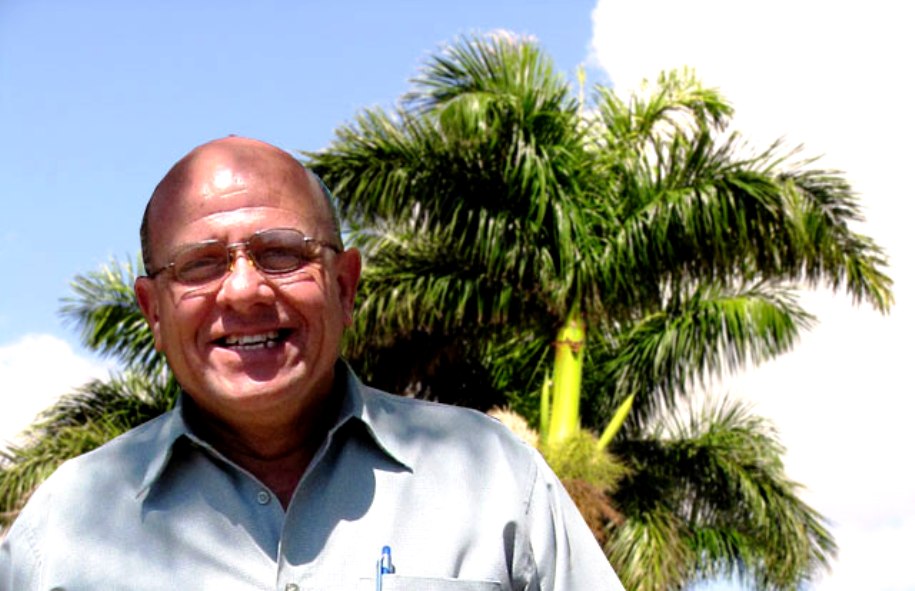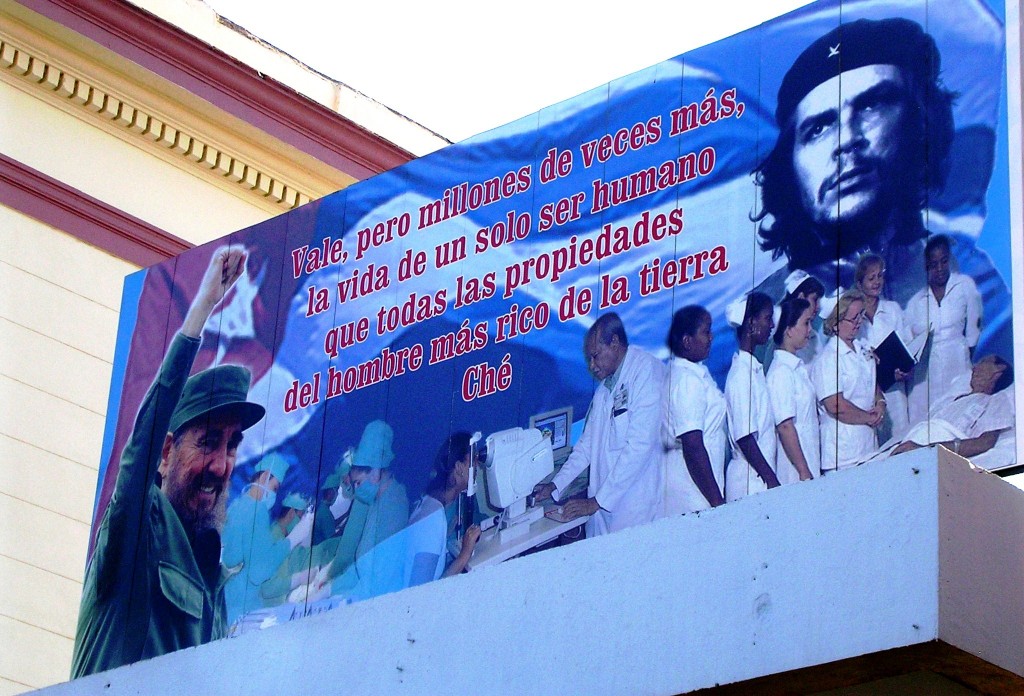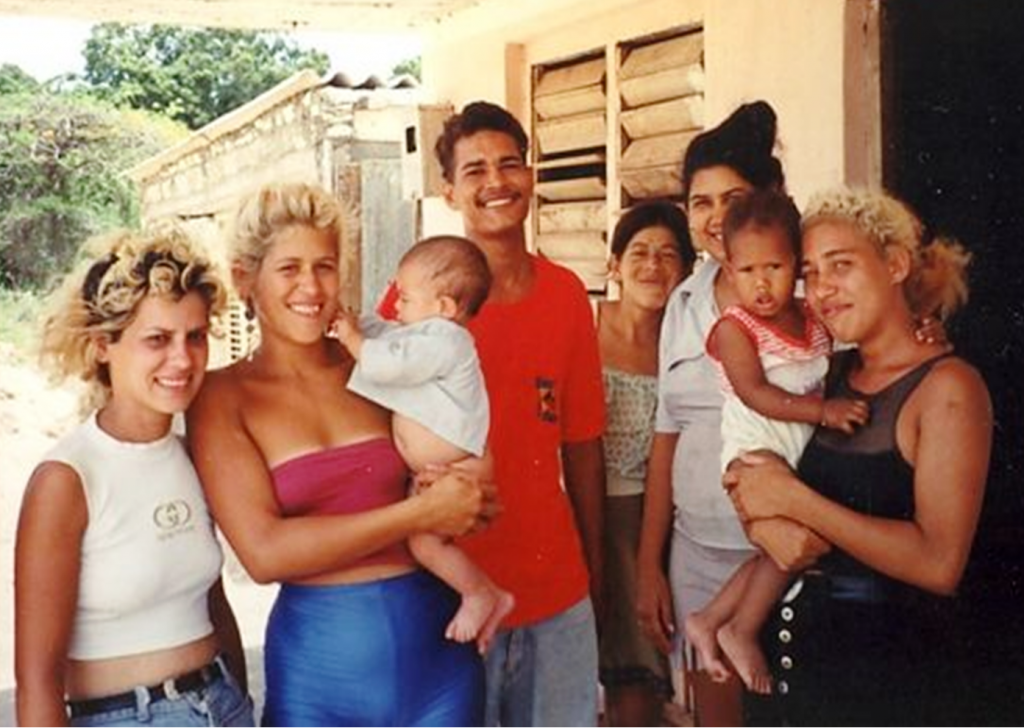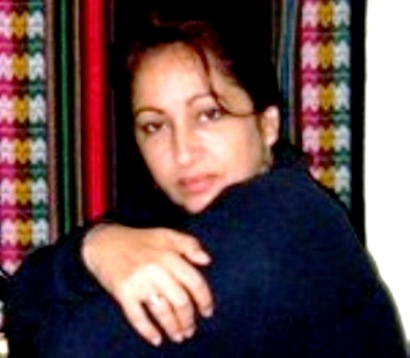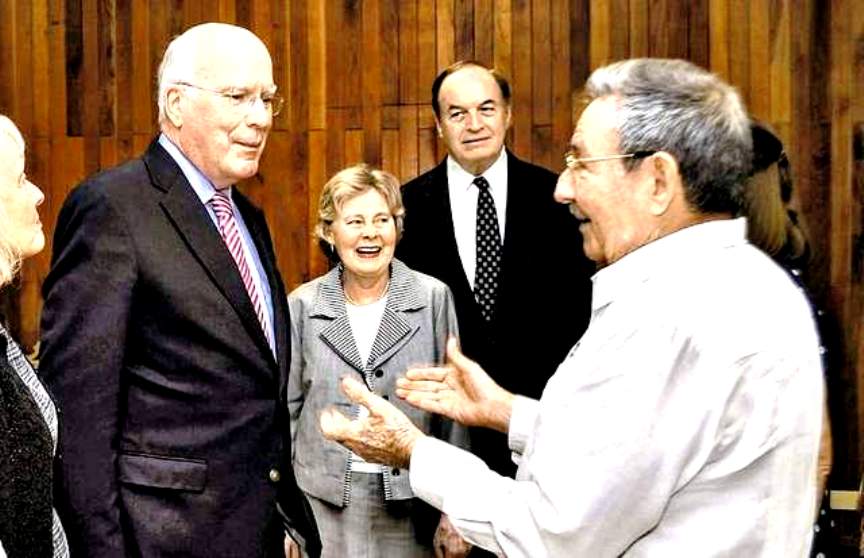Human Rights Watch published its WORLD REPORT 2012 on January 22, 2012.The full report can be seen here: Human Rights Watch, WORLD REPORT 2012.

The Chapter on Cuba is presented below.
Summary
Cuba remains the only country in Latin America that represses virtually all forms of political dissent. In 2011 Raúl Castro’s government continued to enforce political conformity using short-term detentions, beatings, public acts of repudiation, forced exile, and travel restrictions. In 2011 the Cuban government freed the remaining 12 political prisoners from the “group of 75” dissidents—human rights defenders, journalists, and labor leaders who were sentenced in 2003 in summary trials for exercising their basic rights—having forced most into exile in exchange for their freedom. Also in 2011 the government sentenced at least seven more dissidents to prison for exercising their fundamental rights, and human rights groups on the island said dozens more remain in prison.
The government increasingly relied on arbitrary arrests and short-term detentions to restrict the basic rights of its critics, including the right to assemble and move about freely. Cuba’s government also pressured dissidents to choose between exile and continued repression or even imprisonment, leading scores to leave the country with their families during 2011.
Political Prisoners
Cubans who criticize the government are subject to criminal charges. They are exempt from due process guarantees, such as the right to a defense or fair and public hearings by a competent, independent, and impartial tribunal. In practice, courts are “subordinated” to the executive and legislative branches, denying meaningful judicial protection. Dozens of political prisoners remain in Cuban prisons, according to respected human rights groups on the island. In June 2011 the Cuban Council of Human Rights Rapporteurs issued a list of 43 prisoners whom it said were still incarcerated for political reasons. In May 2011, four dissidents from Havana—Luis Enrique Labrador, David Piloto, Walfrido Rodríguez, and Yordani Martínez—were prosecuted on charges of contempt and public disorder for demonstrating in Havana’s Revolutionary Square and throwing leaflets with slogans such as“Down with the Castros.” They were sentenced to three to five years in prison. The council estimates that there are many more political prisoners whose cases they cannot document because the government does not let independent national or international human rights groups access its prisons.
Arbitrary Detentions and Short-Term Imprisonment
In addition to criminal prosecution, Raul Castro’s government has increasingly relied on arbitrary detention to harass and intimidate individuals who exercise their fundamental rights. The Cuban Commission for Human Rights and National Reconciliation documented 2,074 arbitrary detentions by security forces in 2010, and 2,224 between January and August 2011. The detentions are often used preemptively to prevent individuals from participating in meetings or events viewed as critical of the government. Security officers hardly ever present arrest orders to justify detentions, and threaten detainees with criminal prosecution if they continue to participate in “counterrevolutionary” activities. Victims of such arbitrary arrests said they were held incommunicado for several hours to several days, often at police stations. Some received an official warning (acta de advertencia), which prosecutors may later use in criminal trials to show a pattern of delinquent behavior. Dissidents said these warnings aimed to dissuade them from participating in future activities considered critical of the government. For example, on July 24, 2011, state security agents arbitrarily detained 28 human rights activists for 4 to 30 hours in Palma Soriano, Santiago de Cuba province, when they tried to participate in a religious service to pray for the release of political prisoners.
Forced Exile
The death of political prisoner Orlando Zapata Tamayo in February 2010 following his 85-day hunger strike, and the subsequent hunger strike by dissident Guillermo Farinas, pressured the Cuban government to release the remaining political prisoners from the “group of 75,” who were detained during a 2003 crackdown on dissent. Yet while the final 12 prisoners from the group were released in March 2011, most were forced to choose between ongoing prison and forced exile. Since that time dozens of other prominent dissidents, journalists, and human rights defenders have been forced to choose between exile and ongoing harassment or even imprisonment. For example, Néstor Rodríguez Lobaina, an outspoken human rights activist, former political prisoner, and president of a dissident youth group in Guantánamo, was arrested in December 2010. Held for months while awaiting trial, he said authorities told him that unless he agreed to go into exile, he would be sentenced to five years of prison. He accepted forced exile to Spain in April 2011.
Freedom of Expression
The government maintains a media monopoly on the island, ensuring there is virtually no freedom of expression. The government controls all media outlets in Cuba, and access to outside information is highly restricted. Limited internet access means only a tiny fraction of Cubans can read independently published articles and blogs.
Although a few independent journalists and bloggers manage to write articles for foreign websites or independent blogs, they must publish work through back channels, such as writing from home computers, saving information on memory sticks, and uploading articles and posts through illegal internet connections; others dictate articles to contacts abroad. Independent journalists and bloggers are subjected to short-term arrests and harassment by police and state security agents, as well as threats of imprisonment if they continue to work. For example, independent journalists Magaly Norvis Otero Suárez and Roberto de Jesús Guerra Pérez were detained and beaten in Havana on February 23, 2011, as they walked to an event with two members of the Women in White—a respected human rights group comprised of wives, mothers, and daughters of political prisoners—to honor the one year anniversary of Orlando Zapata Tamayo’s death. They later said they were transported to a police station, where they were assaulted and held incommunicado for roughly 14 hours.
Bloggers and independent journalists have also been the victims of public smear campaigns, such as a March 2011 episode of a government-produced news program—broadcast widely on public television—which referred to independent bloggers as “cyber-mercenaries” and “puppets of the empire.”
The Cuban government uses the granting of press credentials and visas, which foreign journalists need to report from the island, to control coverage of Cuba and punish media outlets considered overly critical of the regime. In September, for example, the government refused to renew the press credentials of a journalist from Spain’s El Pais newspaper, arguing he presented a biased and negative image of Cuba.
Human Rights Defenders
Refusing to recognize human rights monitoring as a legitimate activity, Cuba’s government denies legal status to local human rights groups and uses harassment, beatings, and imprisonment to punish human rights defenders who try to document abuses. For example, Enyor Díaz Allen, Juan Luis Bravo Rodríguez, and Óscar Savón Pantoja—members of a human rights group in Guantanamó — were trying to enter a hospital on March 10 to visit a dissident on a hunger strike when security forces detained and transferred them without explanation to a police station and held them for three days in solitary confinement, Díaz Allen said.
Travel Restrictions and Family Separation
The Cuban government forbids the country’s citizens from leaving or returning to Cuba without first obtaining official permission, which is often denied. For example, well-known blogger Yoani Sanchez, who has criticized the government, has been denied the right to leave the island to accept awards and participate in conferences at least 16 times in the past four years. The government uses widespread fear of forced family separation to punish defectors and silence critics, and frequently bars citizens engaged in authorized travel from taking their children with them overseas, essentially holding the latter hostage to guarantee their parents’ return. The government restricts the movement of citizens within Cuba by enforcing a 1997 law known as Decree 217. Designed to limit migration to Havana, the decree requires that Cubans obtain government permission before moving to the capital. It is often used to prevent dissidents from traveling to Havana to attend meetings, and to harass dissidents from other parts of Cuba who live in the capital.
Prison Conditions
Prisons are overcrowded, unhygienic, and unhealthy, leading to extensive malnutrition and illness. Prisoners who criticize the government, refuse to undergo ideological “reeducation,” or engage in hunger strikes and other protests are often subjected to extended solitary confinement, beatings, and visit restrictions, and denied medical care. Prisoners have no effective complaint mechanism to seek redress, giving prison authorities total impunity.
Key International Actors
The United States’s economic embargo on Cuba, in place for more than half a century, continues to impose indiscriminate hardship on Cubans, and has failed to improve human rights in the country. At the United Nations General Assembly in October, 186 of the 192 member countries voted for a resolution condemning the US embargo; only the US and Israel voted against it. In January 2011 US President Barack Obama used his executive powers to ease “people-to-people” travel restrictions, allowing religious, educational, and cultural groups from the US to travel to Cuba, and permitting Americans to send remittances to assist Cuban citizens. In 2009 Obama eliminated limits on travel and remittances by Cuban Americans to Cuba, which had been instituted during George W. Bush’s administration. In March US citizen Alan Gross—a subcontractor for the US Agency for International Development—was sentenced to 15 years in jail for distributing telecommunications equipment for religious groups in Cuba. Gross was detained in December 2009 and accused by state prosecutors of engaging in a“subversive project aiming at bringing down the revolution.” Cuba’s highest court upheld his sentence in August. He remains in prison.
The European Union continues to retain its “Common Position” on Cuba, adopted in 1996, which conditions full economic cooperation with Cuba on its transition to a pluralist democracy and respect for human rights. At this writing Cuba’s government had yet to ratify the core international human rights treaties—the International Covenant on Civil and Political Rights and the International Covenant on Economic, Social and Cultural Rights—which it signed in February 2008. Cuba is currently serving a three-year term on the UN Human Rights Council, having been re-elected in May 2009
 The complete document is available here: Espacio Laical, Por un consenso para la democracia
The complete document is available here: Espacio Laical, Por un consenso para la democracia

